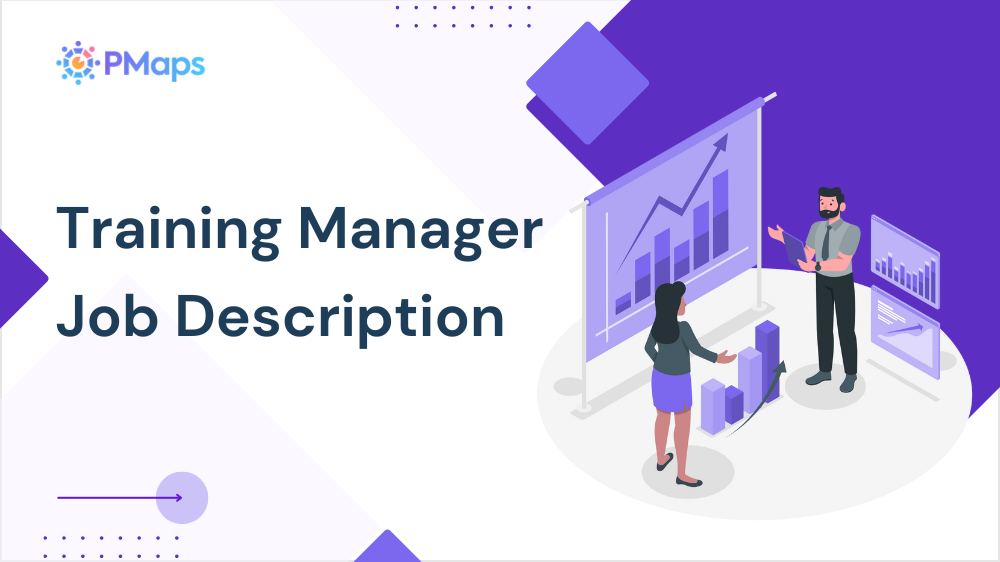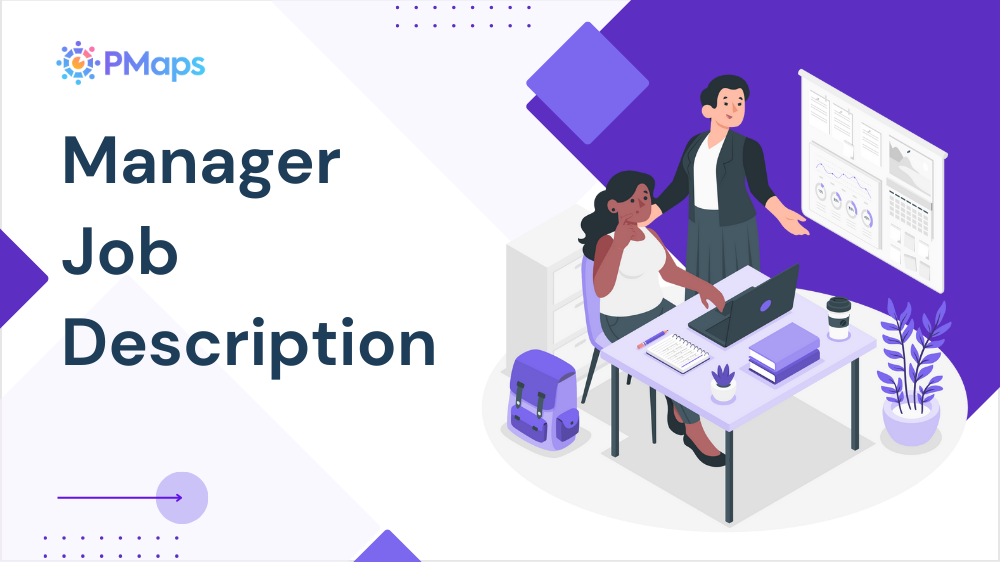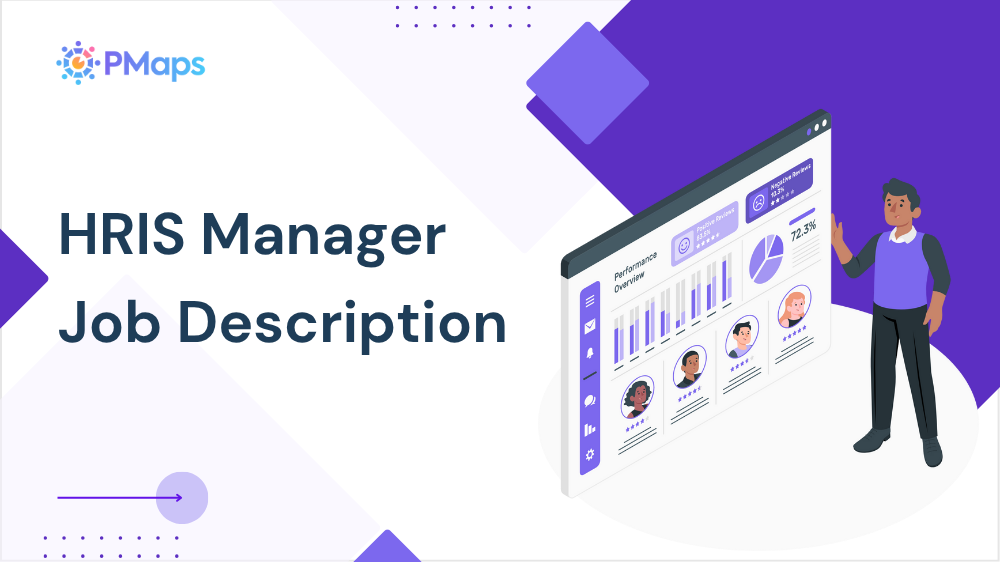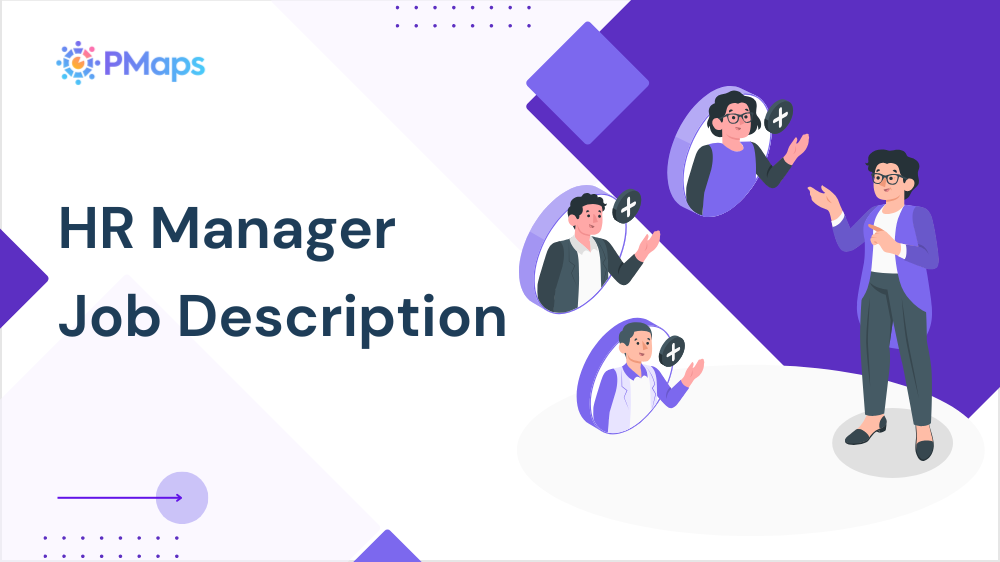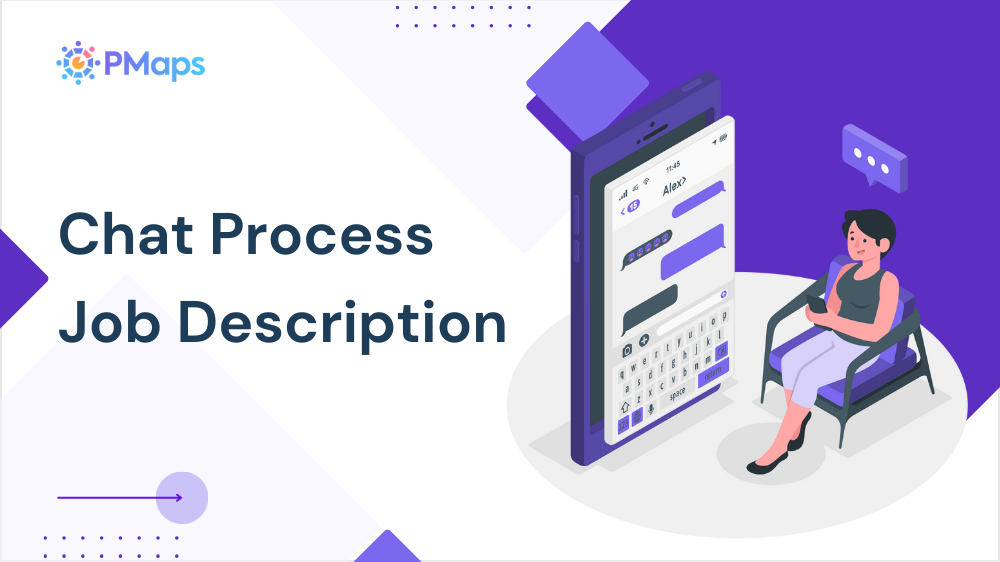
A chat support agent job description defines a non-voice, customer-facing role where communication happens entirely through real-time messaging platforms. Chat support agents assist users by answering questions, resolving issues, and offering guidance — all through written text. Unlike phone or email support, chat support demands quick thinking, multitasking, and clarity in written communication.
This role is common in BPOs, SaaS firms, ecommerce, and fintech companies. A clear chat process job description helps HRs attract candidates skilled in live text interaction, digital etiquette, and customer resolution without escalation. It also filters applicants based on typing speed and chat platform fluency.
Chat Support Roles and Responsibilities
This section outlines key responsibilities found in a typical chat process job description, focusing on real-time digital communication. These duties are critical in backend or live chat agent job descriptions across BPOs, ecommerce, and service-based platforms.
- Respond to customer queries via live chat platforms promptly
- Assist users in navigating product features or resolving issues
- Maintain chat accuracy while managing multiple conversations
- Log customer interactions and issue summaries in CRM tools
- Escalate unresolved cases to appropriate teams following process flows
- Use predefined scripts and knowledge base articles where applicable
- Ensure adherence to average response and resolution time benchmarks
- Verify customer details and provide account-specific support securely
- Handle backend documentation for chat closure and feedback tagging
- Follow chat tone, etiquette, and brand communication standards
Objective of the Chat Support Role
A well-written backend chat process job description should reflect the core purpose of this non-voice customer support role. The focus is on delivering fast, accurate, and helpful service through text-based platforms while supporting operational efficiency.
- Improve customer experience through real-time chat resolution
- Reduce voice support load by resolving issues digitally
- Maintain accurate records and process adherence behind the scenes
- Strengthen brand reputation through consistent digital communication
Qualification and Skill Requirements
These qualifications help HRs screen candidates for backend and live chat roles. This section focuses on the blend of typing proficiency, written communication, multitasking, and system familiarity required for success in non-voice support environments.
- Education: Minimum HSC (12th pass); graduation preferred
- Typing Speed: 35–40 WPM with 95%+ accuracy
- Language Skills: Clear written English with proper grammar
- Customer Handling: Prior experience in chat or ticket support
- Tools Knowledge: CRM or helpdesk platform familiarity
- Multitasking: Efficient handling of multiple chat threads
- Issue Logging: Accurate and timely documentation
- Problem Solving: Quick interpretation and resolution of queries
- Flexibility: Willingness to work in shifts, including weekends
Perks and Benefits of the Chat Support Role
To improve retention and attract quality talent, include relevant perks in your chat support job description. These benefits speak directly to the expectations of non-voice agents, especially those working in rotational shifts or backend environments.
- Competitive base salary with shift allowances
- Incentives linked to response time and CSAT scores
- Flexible or remote work options for eligible processes
- Paid training on CRM and chat support platforms
- Exposure to global customer service standards
- Night shift allowance and weekly off rotation
- Internal mobility to email, voice, or QA support roles
- Health insurance and wellness support (as per company policy)
- Performance-based recognition and referral bonuses
Tips for Employers to Craft an Effective Chat Support Agent Job Description
A well-crafted chat support agent job description should reflect the nature of digital customer service. Use the tips below to set accurate expectations and improve applicant quality across backend, blended, and live chat roles.
- Mention typing speed and accuracy benchmarks upfront
- Clarify if the process is backend, blended, or fully live chat
- Indicate platforms/tools used (e.g., Zendesk, Freshdesk, Intercom)
- Define expected response time or chat concurrency limits
- Specify if scripts or freeform responses are used
- State shift timings, especially for 24/7 support environments
- Highlight CSAT or ticket resolution targets to set performance context
- Differentiate clearly from voice or email support roles



